Going In
Selections from an ongoing series of shots from the archive with Baruch Spinoza in mind...
I’ll launch this first post with a message from Caitlin Johnstone, an inspiring Substack writer whose prose always transcends “the advertising, the vapid Hollywood dog shit, the fast fashion, the phoniness, the deceit.” In her January 14, 2025 post How To Be Happy In A Genocidal Dystopia On A Dying World, she writes, “I’ve heard too many people saying they are feeling torn down and broken by the terrible things happening in this world, and that they don’t know how to go on…you go on by going in. By diving right into reality, in all its burning, blood-soaked, agonizing glory. By feeling it all, all the way through, without trying to lean back and compartmentalize any part of yourself from it. The ocean is unbothered by the waves not because it is separate from them but because it is inseparably one with them…Feel the pain. Cry the tears. Witness the suffering. Experience the beauty. Notice the endless eruption of love which lies at the heart of all things. Celebrate the magpie. Cherish the wind in your hair and the ground beneath your feet…No matter what happens, nobody can take these things from you. No matter what else the bastards might take, they can never take away your innate exuberance at living a human life on this terrestrial wonderball…”
Johnstone’s prescription for happiness has a distinct Spinozian flavor with its challenge to engage with the reality of the moment and “Celebrate the magpie and cherish the wind in your hair and the ground beneath your feet.” It’s a pantheistic reflection of 17th century Dutch philosopher Baruch Spinoza’s idea of God that I appreciate. According to The Universal Pantheistic Society (pantheist.net), Spinoza’s “ideas were so revolutionary that centuries later, even Albert Einstein was inspired to say, ‘I believe in Spinoza’s God, who reveals himself in the orderly harmony of what exists.’ Spinoza remains an inspiration for Pantheists who reject many common religious and philosophical traditions, and found their ‘faith’ on being ‘faithful’ to the only God that really exists: the glorious Universe itself, which is understood not by myth and stories but by scientific investigation, and celebrated in art, literature, music, and the way we treat the natural world and its creatures, if we would only treat it right.”






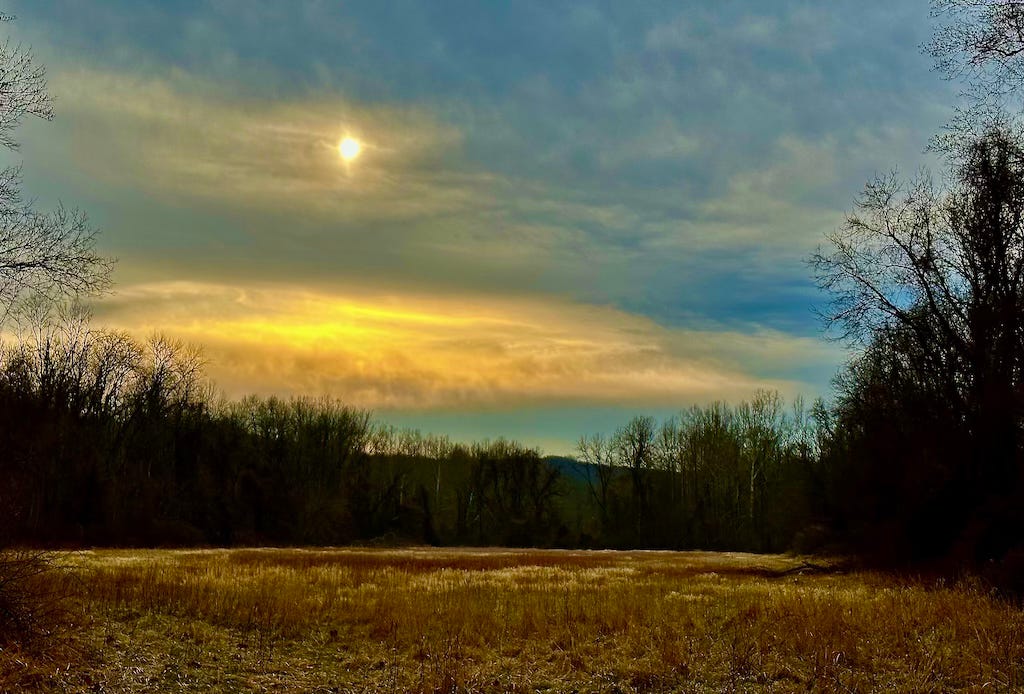
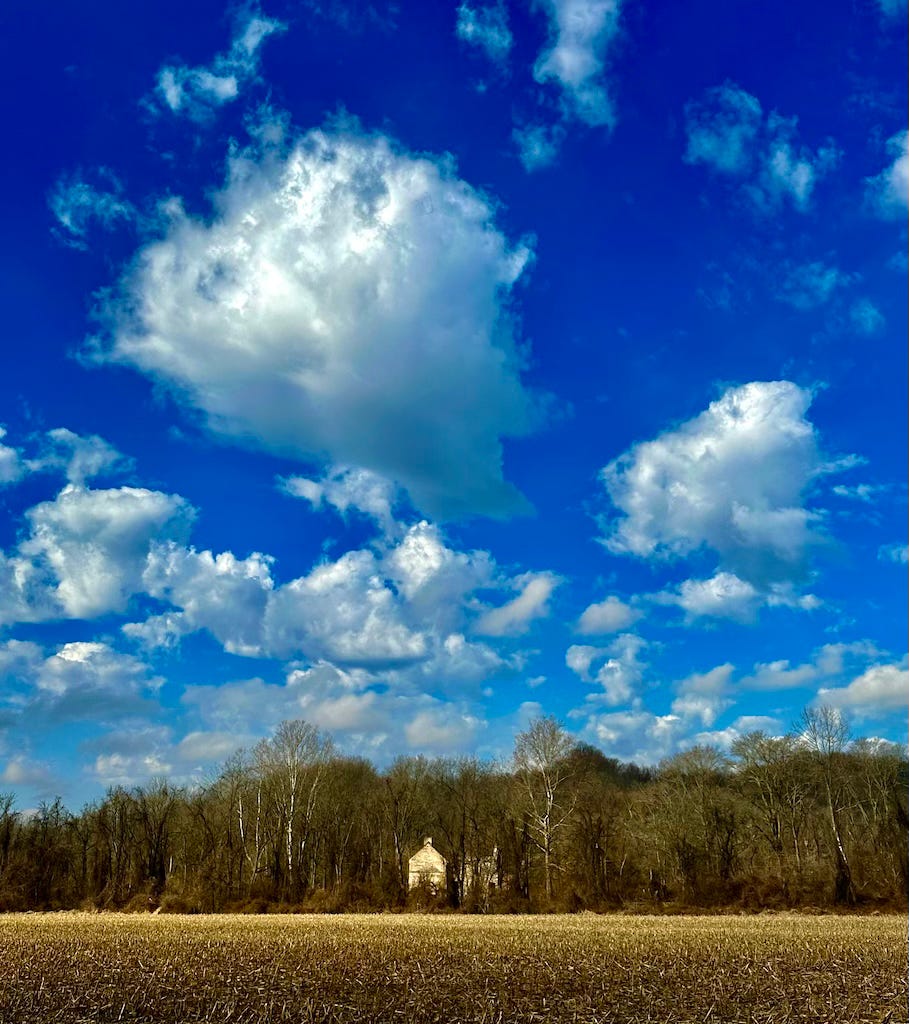



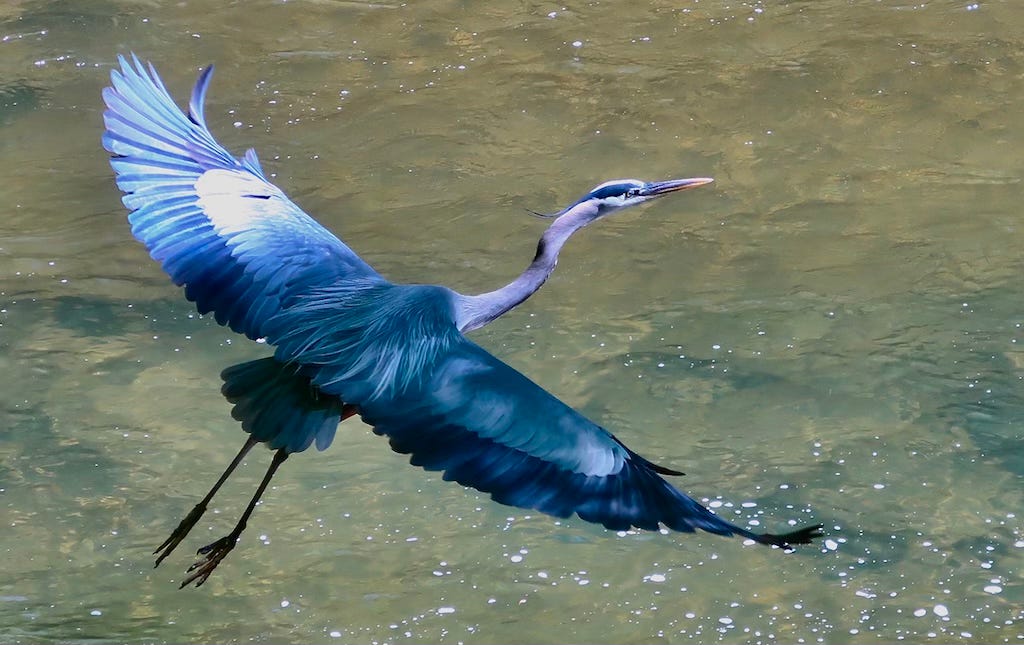
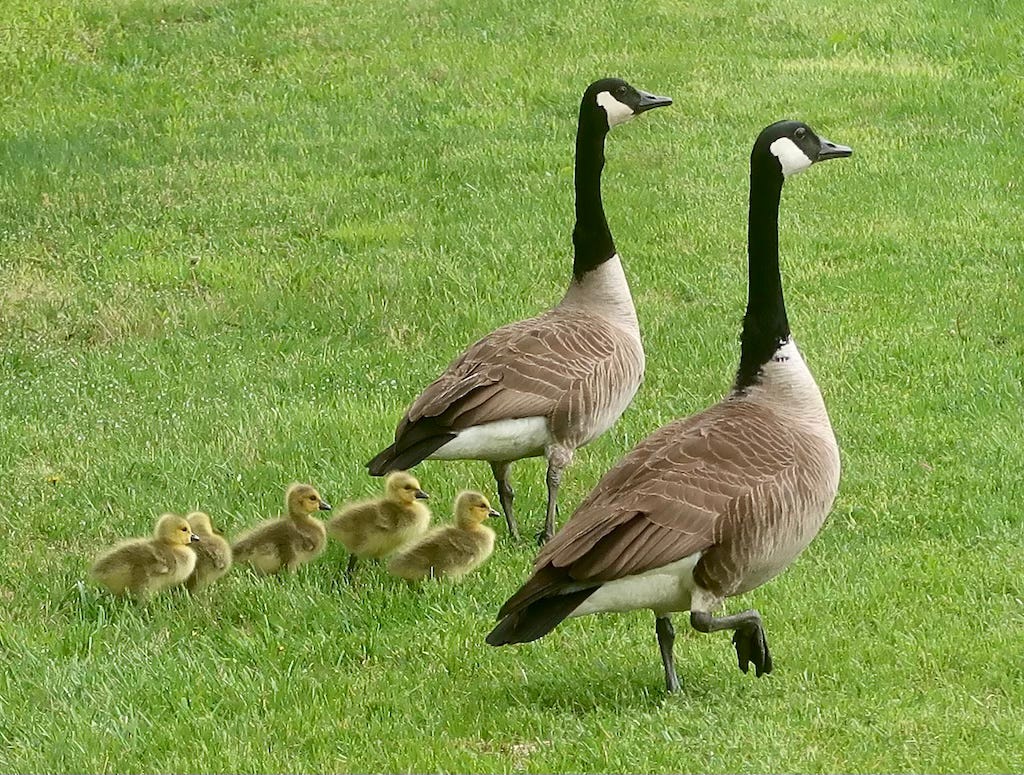


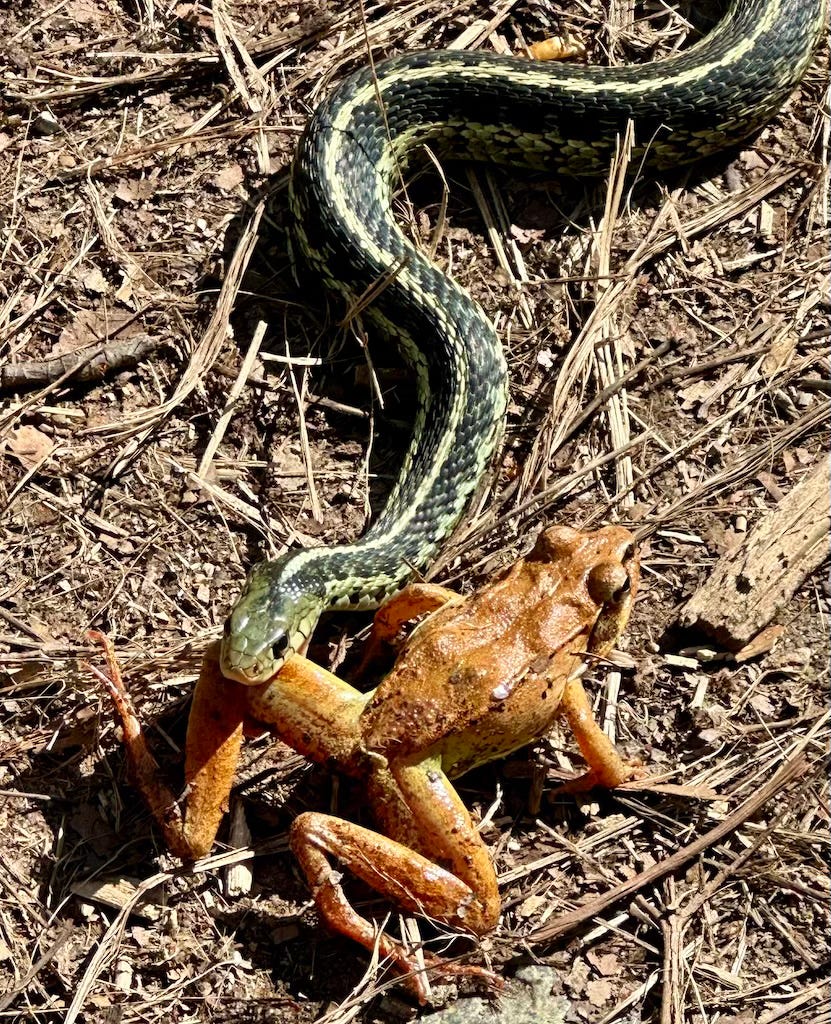


A profound and gorgeous post ! Thank you so much for your thoughts and your photographs ! Do you think the snake will be able to eat that toad ?